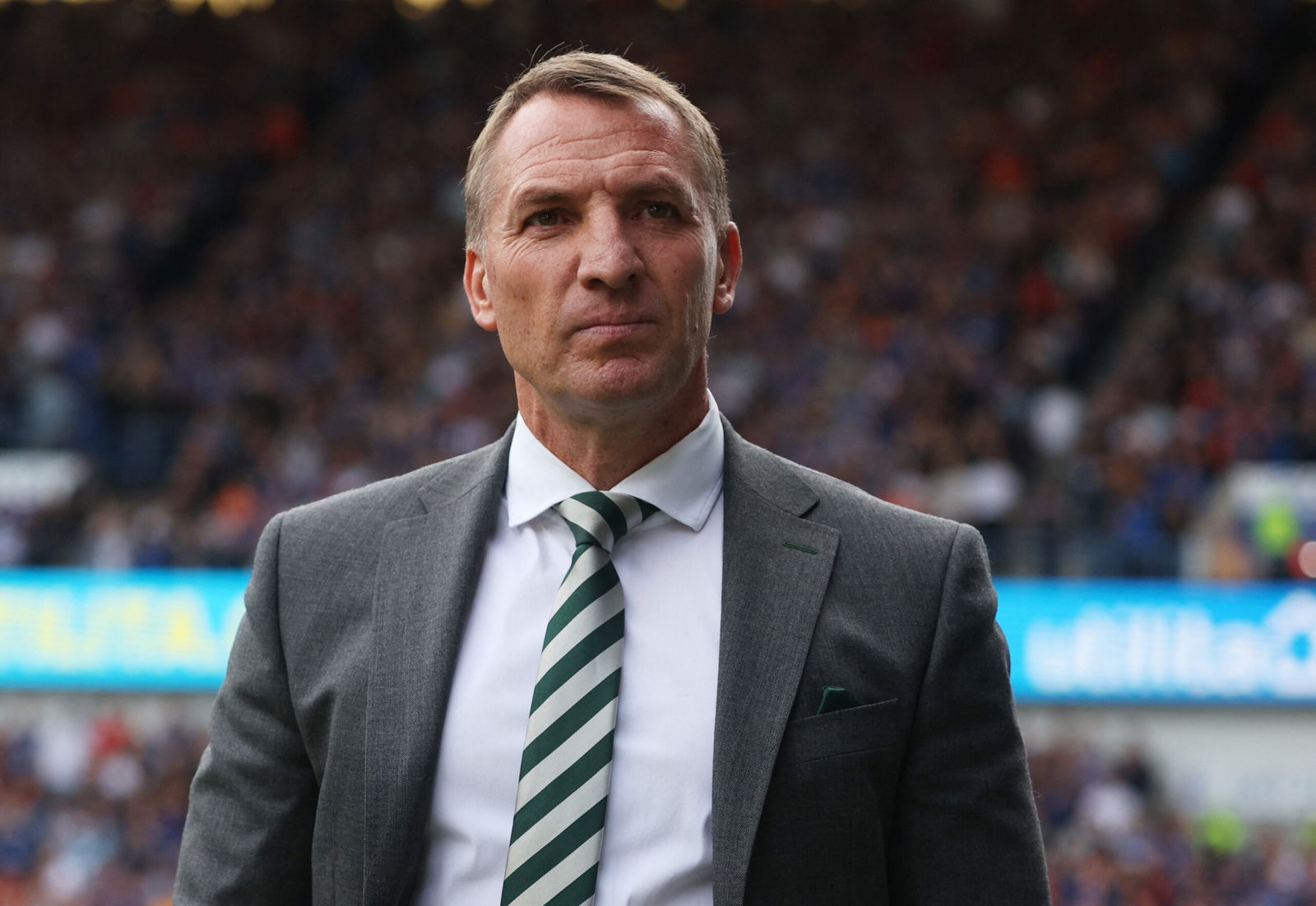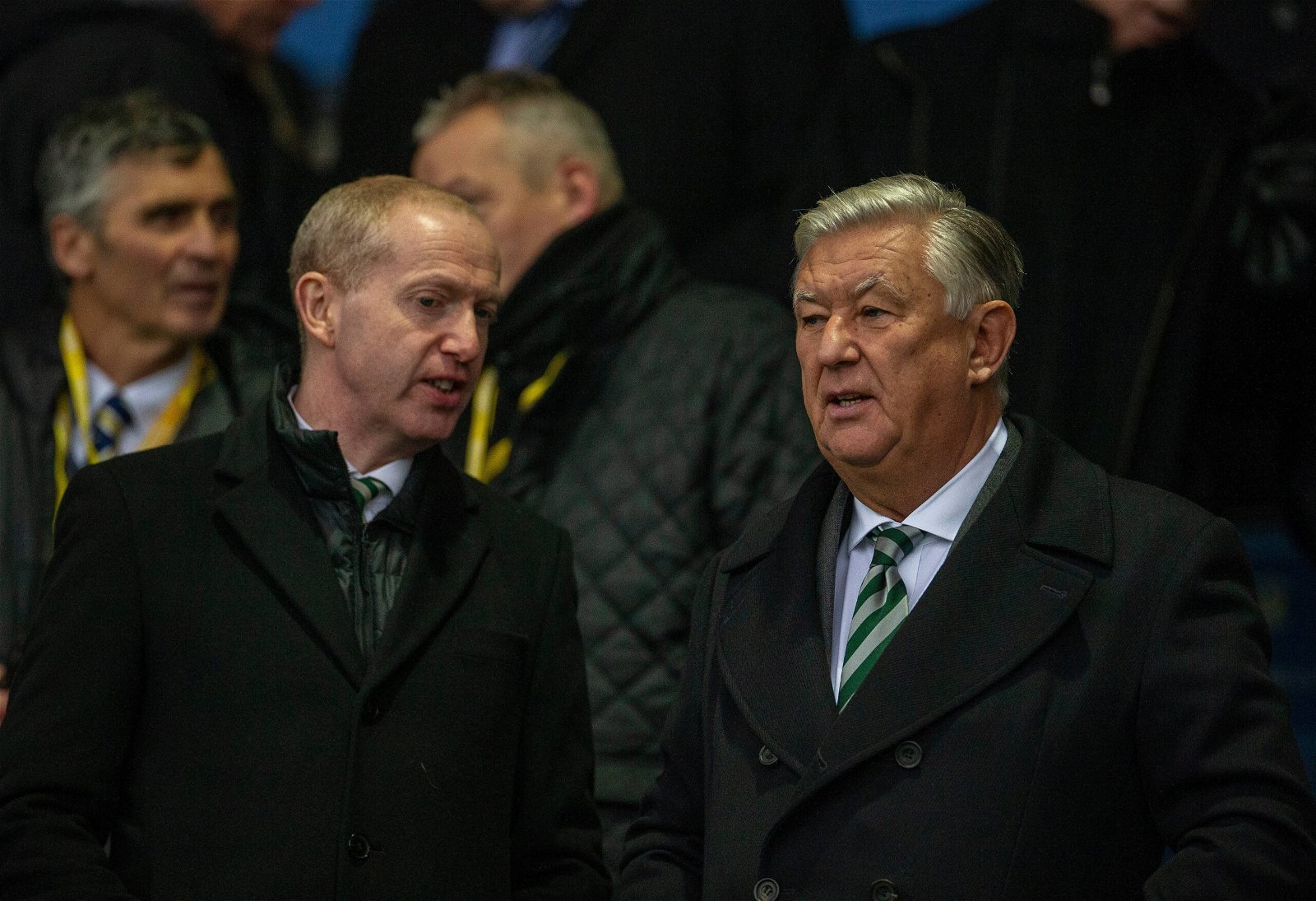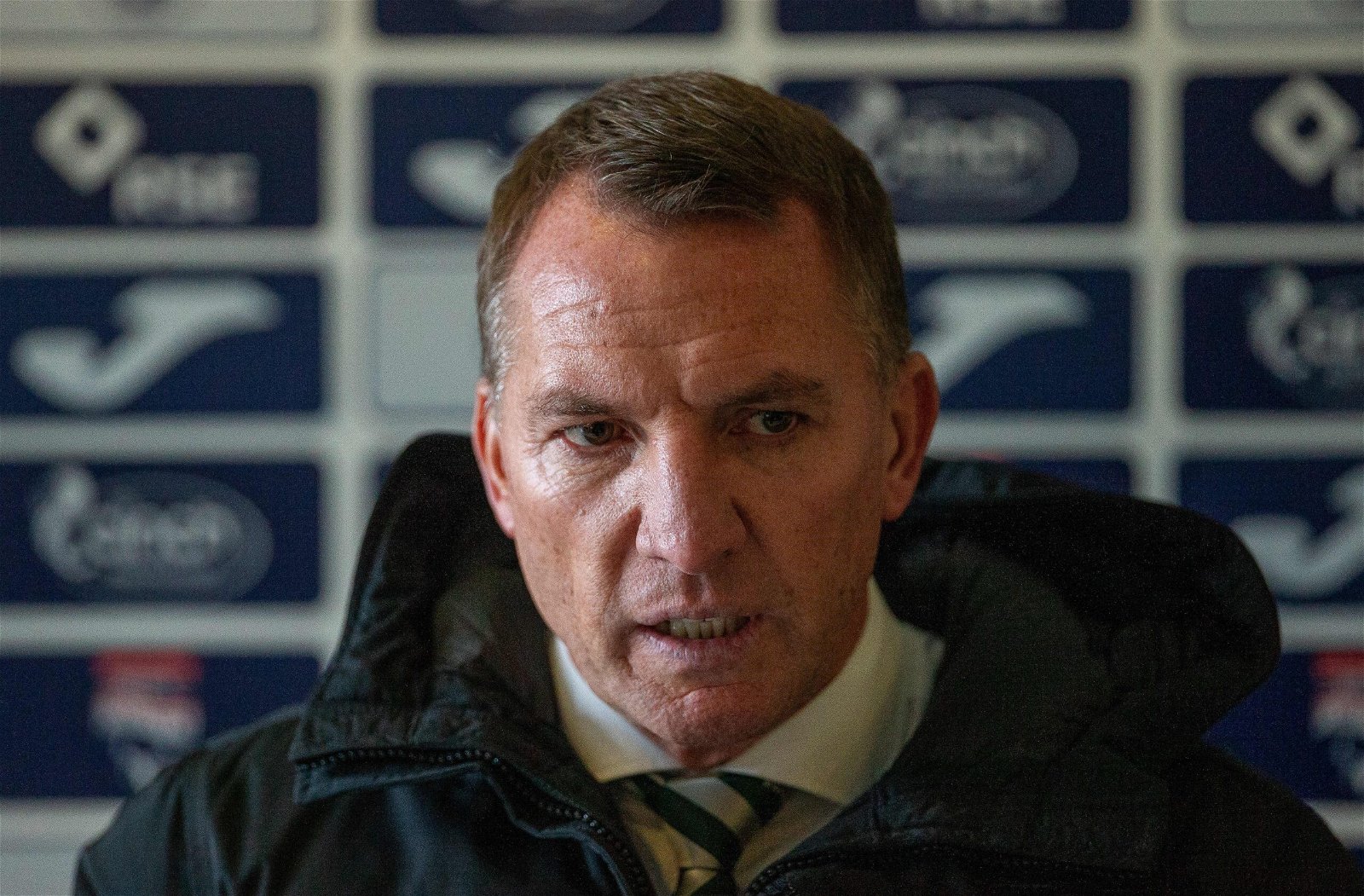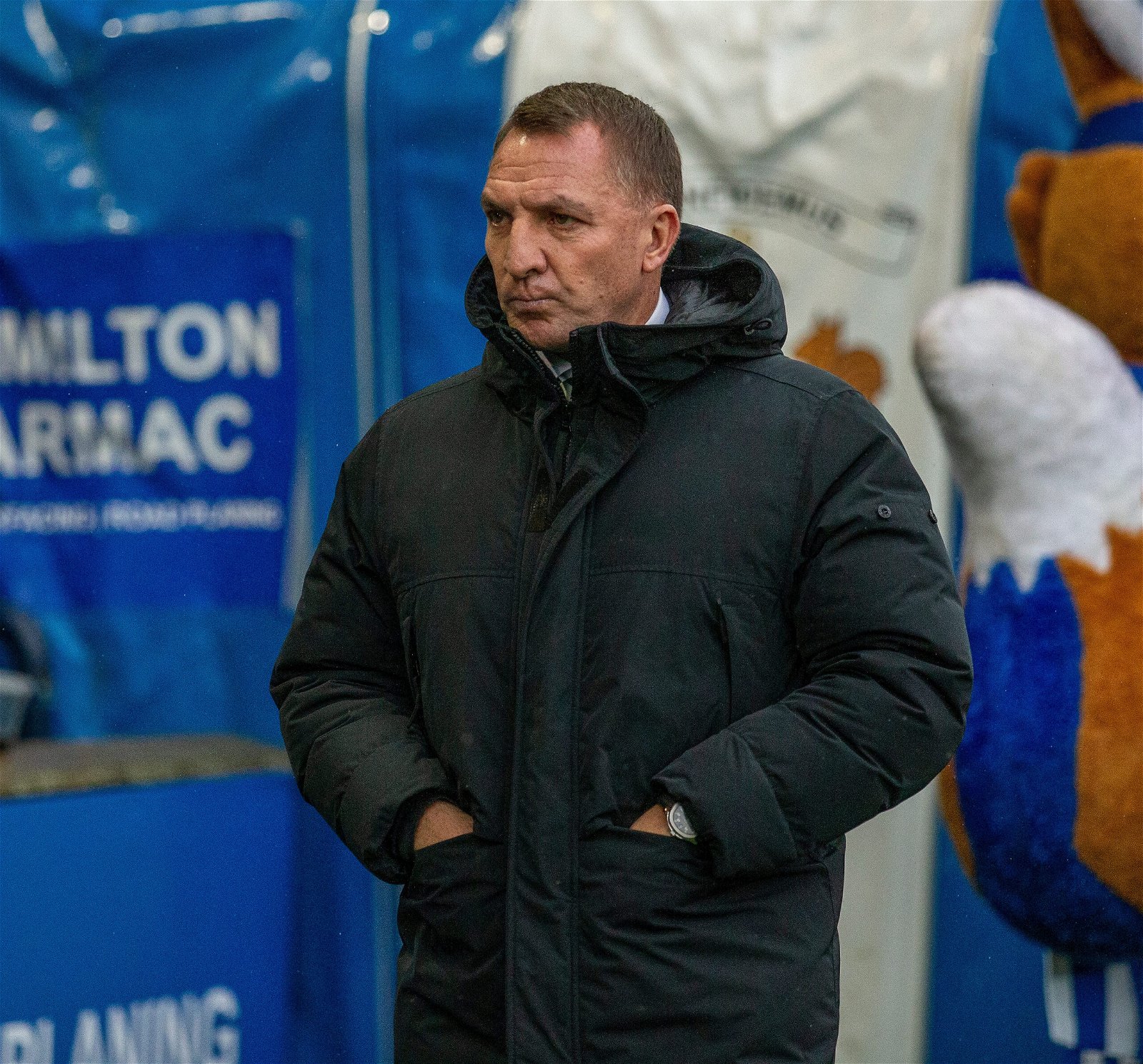When Brendan Rodgers decided to return to the Celtic hot seat this summer, it left many of us scratching our heads. Why would Rodgers, once labelled as public enemy number one upon his departure to Leicester City, choose to revisit a past that seemed so resolutely closed? It’s a move akin to a thrilling drama – full of twists, turns, and a touch of the inexplicable.
Rodgers’s first stint at Celtic was nothing short of remarkable, with back-to-back trebles marking a period of domestic dominance. However, his inability to make significant strides in Europe was a glaring blemish on an otherwise sterling record. The sour note upon which he left, amidst a backdrop of venomous fan backlash and tension with the board and recruitment team, only added to the enigma of his departure.
Flash forward to his exit from Leicester and the sudden link to the Celtic job post-Ange Postecoglou’s own treble-winning exit – it felt almost fictional. Rodgers had previously asserted that he had taken Celtic as far as possible, and yet, here he was, contemplating a return. But why? The boardroom dynamics that had previously irked him hadn’t changed; the Celtic board, notoriously difficult to shift, were still firmly in place.

The plot thickened with Rodgers in his holiday home in Mallorca, where Celtic’s Michael Nicholson arrives, not accompanied by Peter Lawwell. Nicholson presented a revamped recruitment policy, which Rodgers found more palatable than his first tenure. One can’t help but wonder if the higher wage offer also played its part, though with Rodgers’ successful career, money seemed less likely the sole motivator.
Family ties to Glasgow and a love for the city were cited as influential in his decision-making. Yet, as I watched Rodgers, drenched on the sidelines at Rugby Park, witnessing a 2-1 defeat, the question persisted: Why return?
Rodgers has openly expressed a desire to elevate Celtic’s European game, a lofty goal that remains elusive. This season’s Champions League outing was a stark reminder of the chasm between aspiration and reality. Without significant changes at the board level, Celtic’s European dreams might remain just that – dreams.

Rodgers’ return to Celtic is a narrative rich with complexity. Is it a tale of unfinished business, a desire to rectify past shortcomings, or a simple case of the heart ruling over the head? Perhaps it’s a mix of all these elements, a cocktail of personal and professional motivations that only Rodgers truly understands.
As Celtic fans, we’re left pondering this enigmatic decision, hoping it’s a prelude to a new chapter of success, both domestically and, ambitiously, in Europe. Only time will tell if Rodgers’ second act at Celtic will be a triumphant return or a repeat of past frustrations. For now, the question hangs in the air, as enigmatic as the man himself – why did Brendan Rodgers come back?
There’s an emerging sense that Rodgers might have been sold a lemon if the summer window was anything to go by. The reluctance to field these new players raises questions: Is Rodgers biding his time until January, hoping to bring in reinforcements that align more closely with his vision? The signings, ostensibly intended to bolster the squad, have yet to make the desired impact. Rodgers’ hesitation to use them extensively suggests a disconnect between his strategies and the players’ capabilities.
It’s not just about bringing in new faces; it’s about infusing the squad with players who can truly make a difference, who resonate with Rodgers’ tactical ethos. The winter window could be the key to unlocking Celtic’s potential in the latter half of the season.

Despite recent setbacks, such as the defeat to Kilmarnock that sent ripples of hysteria through the media, it’s important to maintain perspective. Celtic, under Rodgers, are still masters of their own destiny. There’s a historical precedent here: Rodgers’ teams have traditionally found their stride post-winter break.
Brendan Rodgers stands at a pivotal point in his Celtic saga. On one hand, there’s the challenge of integrating summer signings that haven’t yet clicked. On the other, there’s the promise of the January window and the potential for a stronger second half of the season.
Perhaps my question will become clearer a year from now on why he truly returned and if the recruitment team can deliver what was promised by Michael Nicholson.









Rodgers did back to back trebles whilst there was hardly any challenge in Scotland, as soon as Gerrard got together a team of slightly better than mediocre the cracks at celtic turned into cavities and Rodgers ran for the hills.
Ange came after the doomed 10iar and gave Celltic some teeth again, Rodgers has removed the teeth and reverted to boring football, Lawell has also drained the team of quality by selling our best players with no replacements of similar type.
Trebles can be won when the challenge is limited.
Now the pressure is on see where that takes us.
Lawell will ruin us, Rodgers is wrong man for Celtic, he has nil guts to challenge the hierarchy.